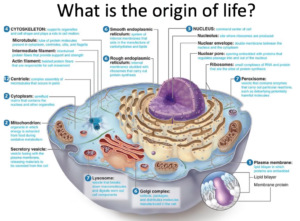Genesis vs Ancient Near East Polytheistic Myths: Plagiarism or Polemics? Part 2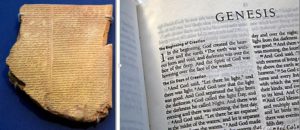
A. Genesis and Babylonian Creation & Flood Accounts: Similar but Independent Accounts
The chart below lists several parallels between the Creation and Flood accounts of Genesis and the Mesopotamia Enuma Elish. [Source: Currid, p. 37-38]
| Enuma Elish (Mesopotamia) | Genesis |
| Divine spirit and cosmic matter are coexistent and coeternal | Divine spirit creates cosmic matter and exists independently of it |
| Primeval chaos; Tiamat enveloped in darkness | The earth a desolate waste, with darkness covering the deep (tehom) |
| Light emanating from the gods | Light created |
| The creation of the firmament | The creation of the firmament |
| The creation of dry land | The creation of dry land |
| The creation of the luminaries | The creation of the luminaries |
| The creation of man | The creation of man |
| The gods rest and celebrate | God rests and sanctifies the seventh day |
How does one account for these similarities? Continue reading “Book of Genesis vs Babylonian Creation (Enuma Elish) and Babylonian Flood (Epic of Gilgamesh)”
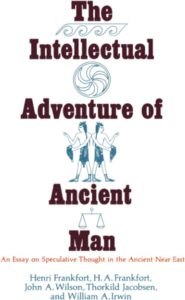 Many critical scholars in Western universities suggest that the biblical Creation and Flood stories borrowed ideas from Ancient Near Eastern Texts (ANET). For example, the Creation story in Genesis must be influenced by the Babylonian creation story of Enuma Elish since the story in Genesis is briefer and the preserved records of Genesis belong to a later date. However, Kenneth Kitchen rejects this notion. He writes, “The common assumption that the Hebrew account is simply a purged and simplified version of the Babylonian legend (applied also to the Flood stories) is fallacious on methodological grounds. In the Ancient Near East, the rule is that simple accounts or traditions may give rise (by accretion and embellishment) to elaborate legends, but not vice versa. In the Ancient Orient, legends were not simplified or turned into pseudo-history (historicized) as has been assumed for early Genesis.”/1/
Many critical scholars in Western universities suggest that the biblical Creation and Flood stories borrowed ideas from Ancient Near Eastern Texts (ANET). For example, the Creation story in Genesis must be influenced by the Babylonian creation story of Enuma Elish since the story in Genesis is briefer and the preserved records of Genesis belong to a later date. However, Kenneth Kitchen rejects this notion. He writes, “The common assumption that the Hebrew account is simply a purged and simplified version of the Babylonian legend (applied also to the Flood stories) is fallacious on methodological grounds. In the Ancient Near East, the rule is that simple accounts or traditions may give rise (by accretion and embellishment) to elaborate legends, but not vice versa. In the Ancient Orient, legends were not simplified or turned into pseudo-history (historicized) as has been assumed for early Genesis.”/1/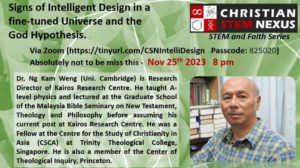 1 The heavens declare the glory of God,
1 The heavens declare the glory of God,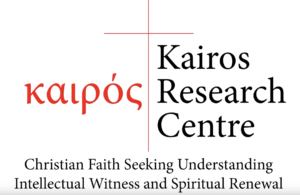 Part 5: Young Earth Creation vs Old Earth Creation
Part 5: Young Earth Creation vs Old Earth Creation
